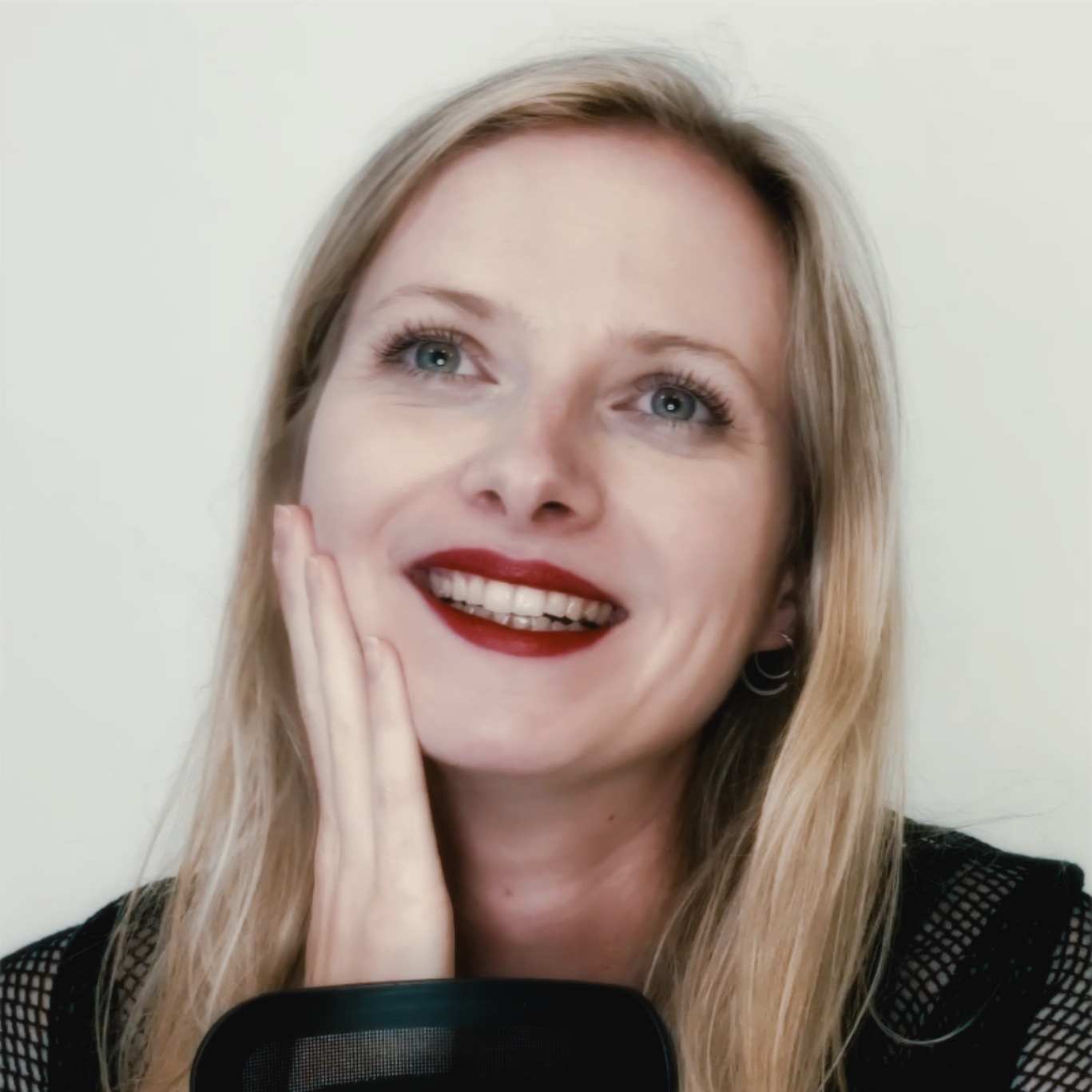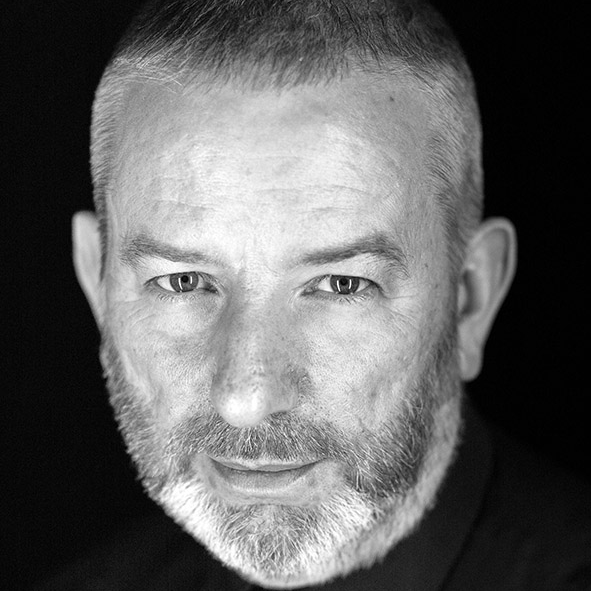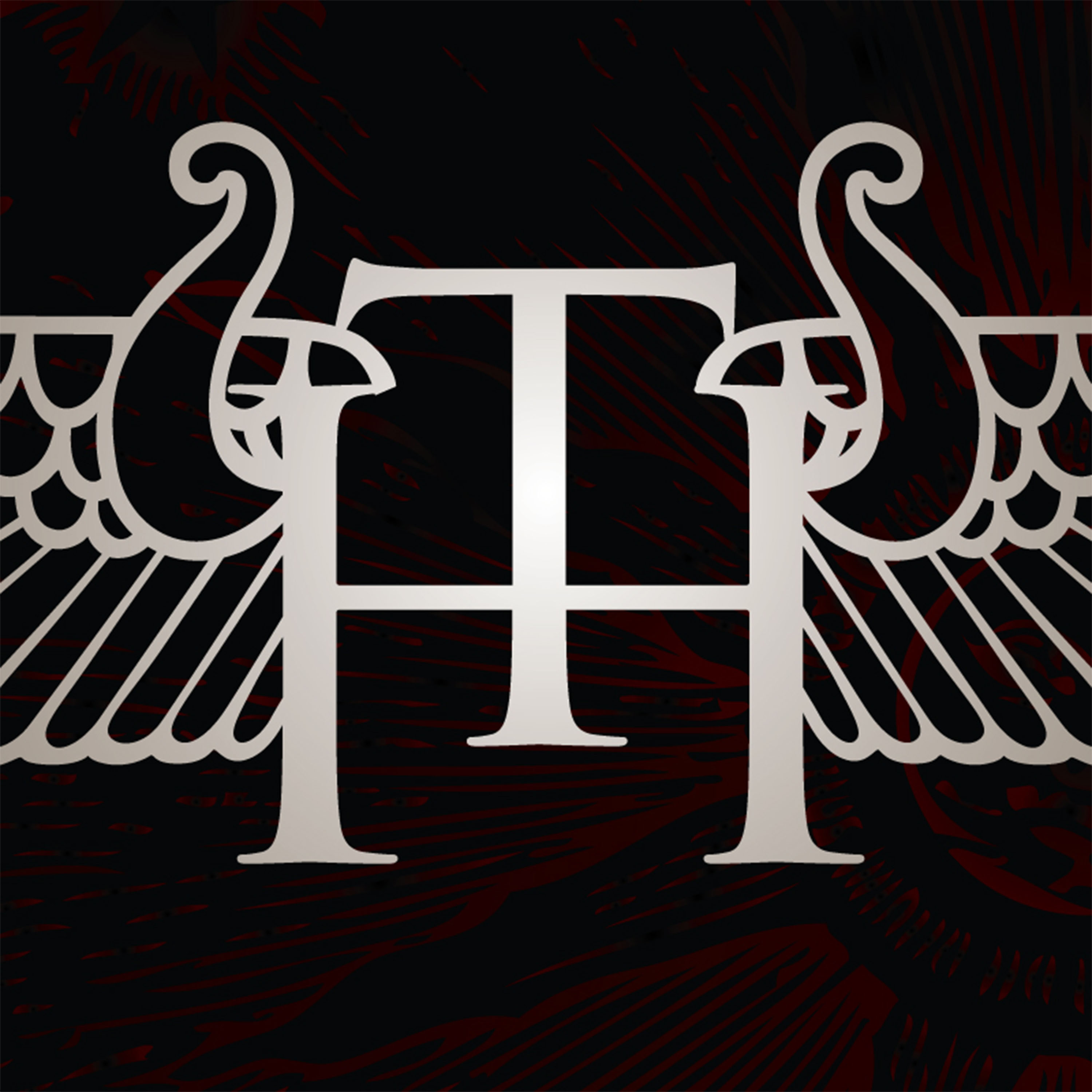Show Notes
Welcome to Episode Two of Season Ten with the Thoth-Hermes podcast. Today, Rudolf dialogues with Marco Visconti, author of “The Aleister Crowley Manual: Thelemic Magic for Modern Times” (2023), published through Watkins Press. An Italian freemason living in London, Marco openly enumerates roadblocks and supports he has encountered in his personal magical development. Up into his mid-thirties, Marco pursued several initiatory paths alongside an international musical career. Retiring from musical performance, Marco committed to depth involvement with the Ordo Templi Orientis. He also worked on staff at London’s renowned Treadwell’s Bookshop. Following the OTO’s scandals and schisms of the late 2010s, Marco describes leaving the Order on conscience. He publicly articulated a depth essay on his experience of the OTO’s dysfunction. During the COVID pandemic, a door opened for the founding of Marco’s present initiatory school. Rudolf and Marco examine the tensions of ethics and accountability within hierarchical initiatory organizations. Together, they highlight the responsibility of truly vetting lodge candidates. Marco directly names his experience of encountering unbalanced and destabilizing seekers in magical schools. He also references contemporary challenges around anonymity or confidentiality of membership. The theme of finding the balanced middle way permeates this conversation. While examining selectivity within groups, Marco and Rudolf delve into the question of elitism. Both speakers acknowledge magical potential as an inherent human birthright, across all class, culture, race, gender, and other mundane identities. Simultaneously, they briefly share the posit that pursuing formal initiation is not appropriate for everyone in a given lifetime. While describing Marco’s new book, they note the paradox of Crowley’s levelling articulation of Magic for All, yet his relatively scholarly writing style. While more accessible than any writing prior to his publications, the Oxbridge style and use of mainline theological terms carry potential obstacles. The discussion then turns to frank assessment of copyright debates in historical magical writings; Rudolf names parallels across many creative and performing arts content. Marco then shares briefly on his manuscript in process.


